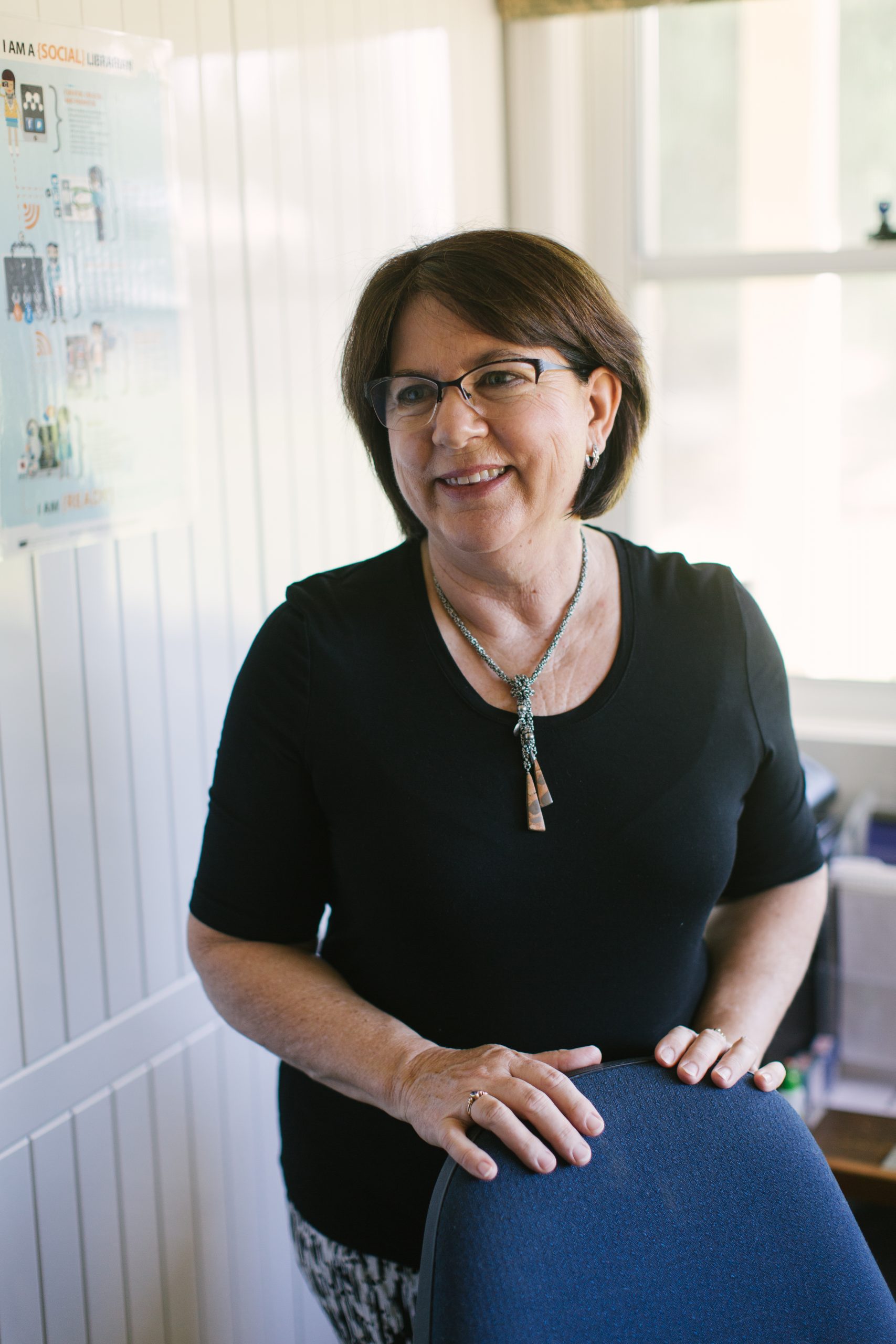In my work I talk to a lot of people about why they are wanting to change jobs. This has given me an insight into some of the triggers that make people think of changing jobs and has led me to write this series which talks about the stages in a person’s working life and the impact it has on career choices.
The series will concentrate on the working life of the primary carer, usually women. Being the primary carer provides well defined stages in your life, as the caring role changes your personal life and provides a place for you to reflect and re-evaluate your career, hopefully to implement changes that better suit what you need or want in your life.
“Something I have noticed about a primary carer and their work or career is that there are distinct stages in their lives that influence a career change or ‘pivot’.”
These stages provide the opportunity to think about what you want for work/career at that stage and time, mainly in how work fits into your life. For the partner who isn’t the primary carer this isn’t as distinct, their life does change, but usually it is still on the work continuum rather than balancing between caring and work.
Adventure and Exploration Years
The initial stage that most people go through is leaving school and making a decision about that first job or what study they will do. This can lead to a job that lasts for years or maybe only a short time.
This stage can be changeable as people learn about themselves and what they are looking for in their work. It is also a time for learning through adventure, travel, work and fun.
All these things teach you about yourself and allow you to understand what it is you want for the other stages in your life. Every experience provides you with skills that can be added to your Resume and used in your future working life.
The Settling Years
This is a period of settling into your chosen career to gain the skills you need, build your reputation and set yourself up for promotion or leadership. It is also a stage when people may find a permanent partner. Life is starting to settle into a pattern. Three things are common in this stage:
The first is you love your career, you gain the skills and knowledge to do the job well and you may start thinking of leadership roles in your field.
The second can be a time when you realise that the career you thought you wanted isn’t at all what you thought it was.
The honeymoon period is over, you have been out of study for about 3-4 years and you realise that the job you have isn’t the job you want or thought you were training for.
The third common issue is that you may find your life partner and so location limitations can come into play. If your partner’s work is based in rural or regional areas then you may be tied to a specific location, a possibly geographically isolated area. Being tied to a location can impact on choice of jobs and may affect chances of progression.
As “9 Reasons Why Living in Rural and Regional Australia is Good for Your Career” reiterates, rural and regional jobs can provide opportunities to fast track your career and offer more diverse and interesting work especially if you have professional qualifications.
Small and remote towns are crying out for professionals and this opens up opportunities for you to either gain wider experience in your current profession or maybe even get experience in a new one.
Once you get that job the variety of work and experience you gain is often more comprehensive as there are less people to share the tasks with.
Pre-School Years
Life changes so much once you have a family, especially for the primary carer who takes parental leave and or time off to care for children. Many people in this position find they want to change the way or the type of work they are currently doing so it suits their new life better. This can be an important opportunity to think about what you want to change in your work situation and explore the best options for you and your family.
School Years
Then the kids start school, you meet more people, life changes again with school activities, after school and weekend activities and all the associated running around. This can be such a busy time but in a different way to when the children were small. This does seem to be a stage where many primary carers go back to work, but still have the demands of schools and school age children. Some parents have been preparing for this stage whilst the children were young but others start thinking they need to do something different to keep it all together.
Empty Nesters
Now your last one is finishing school and is moving out to start their own life, get their first job, do a gap year or start studying. Whichever it is, this is a radical change for both parents. There you are back to where you started, just the two of you. No more racing around to sports or picking them up from a party, no more lectures of what to do and what not to do. What are you going to do with that time?
You might want to use this time to supercharge your career or for those of you who have been working for all these years to keep the cashflow going now is when you can start thinking about what you want to do.
It might be a career or it might be an interest you have been wanting to develop or maybe volunteer work for a cause that is close to your heart.
What ever it is it may take you some time to work it out, spend time reflecting on what you really want.
What you like doing, what you don’t like doing, whether you want time on your own or with other like minded people, if you want it to be challenging or just interesting.
The Middle or Sandwich Years.
Oh the joy of being a grandparent, it really is the best. But you are also a partner, a parent, a child, a sibling, a friend, you work and probably want to do other things as well such as travel or volunteer or garden…
These middle years can get very complicated and conflicted as you try to balance the needs of those you care about with your needs, whether that is your career or other interest. For many people this time is a time to rethink their current work situation and make changes that help them manage the demands on their life.
Keep On Working
For some people, often women the later years of their working lives is prolonged due to unforeseen circumstances such as a divorce, sickness or death of a partner.
My clients sometimes report that they feel at a disadvantage due to their age, this can cause a lot of anxiety for older people wanting or needing to stay in the workforce.
It puts added pressure on them as they feel at a disadvantage when competing against younger people. They worry they don’t look or act young enough and that their skills are perceived as outdated. How do you keep yourself feeling confident and capable in this situation?
Transition to Retirement Years
Finally it is time for retirement, but for many people they just don’t know what life without work will be like, what will they do with themselves without work.
How do you go from a busy rewarding career to staying at home and gardening? All your life you have worked, it was a reason to get up in the morning. Work gave you your purpose.
The next article in this series will focus on the start of your career what I have called the Adventure and Exploration stage, which most young people go through.
If you are feeling stuck about what you want to do, if you are at a turning point in your working life and need some guidance on how to find your way to more satisfying work or to an interesting retirement then book a free 30 minute “Right for You” call so we can help you.










0 Comments